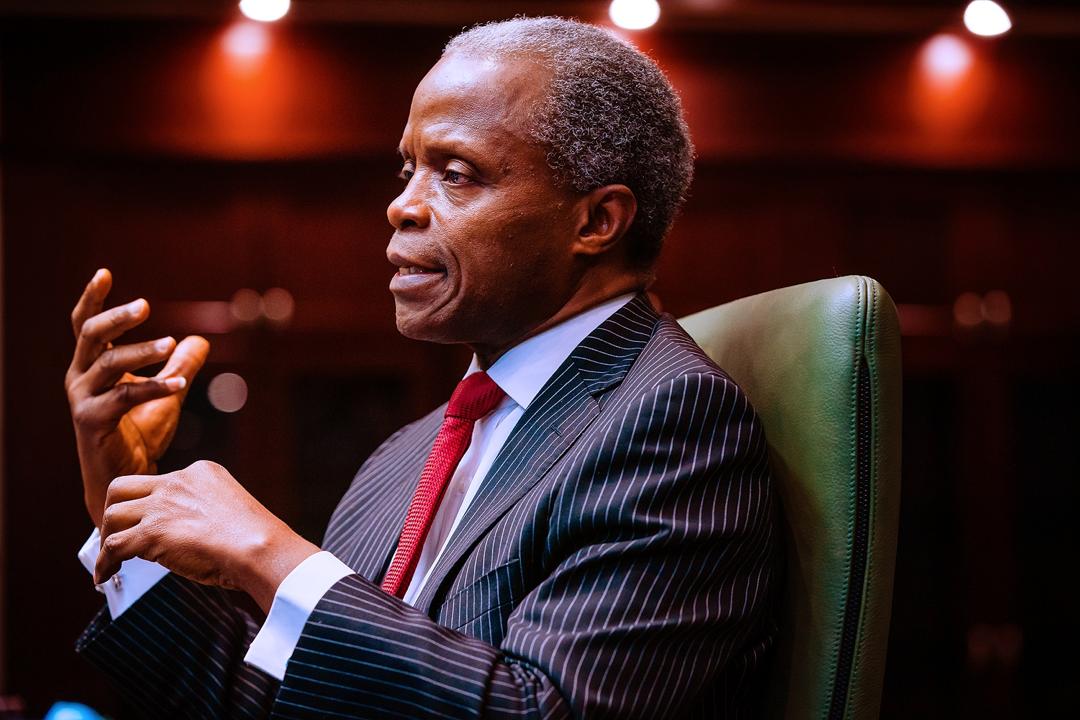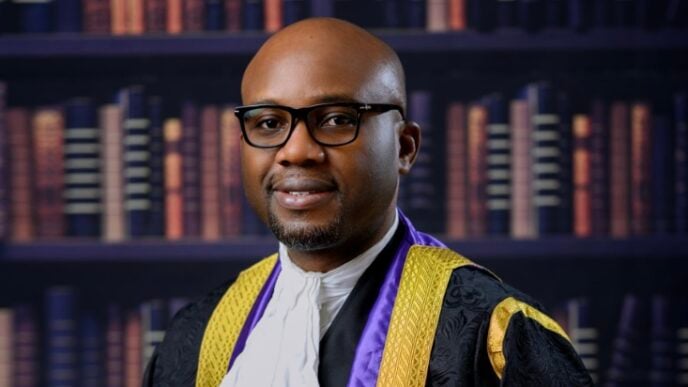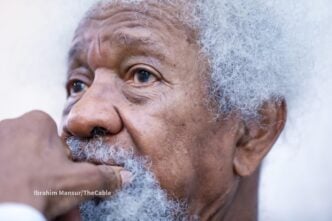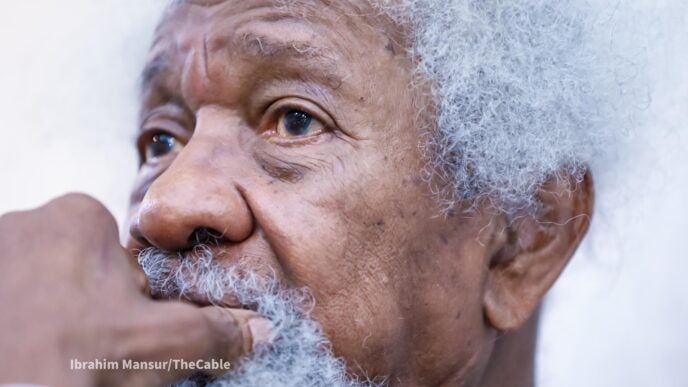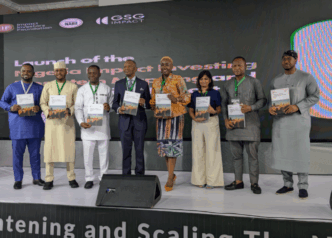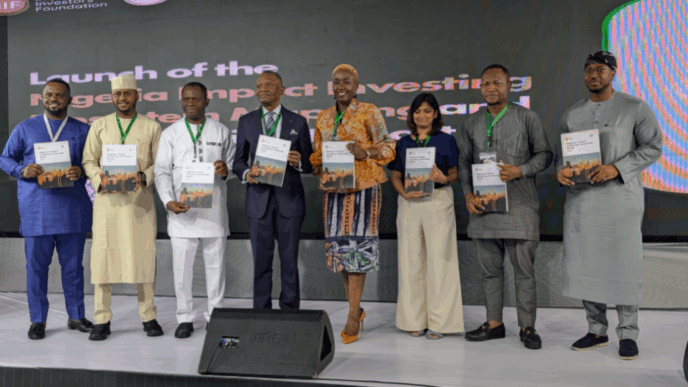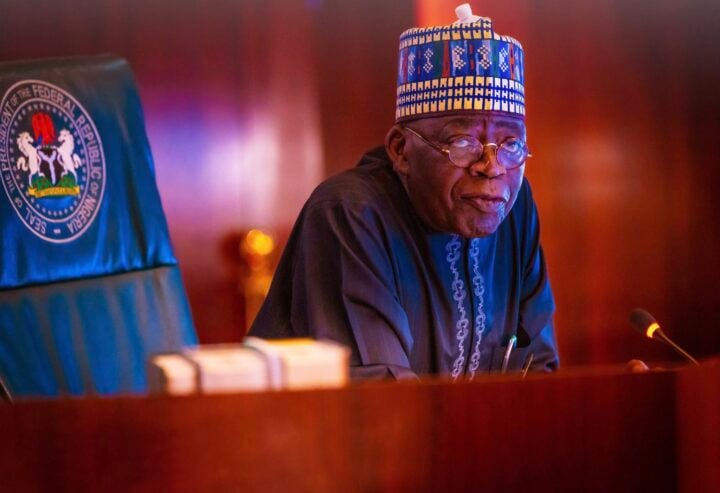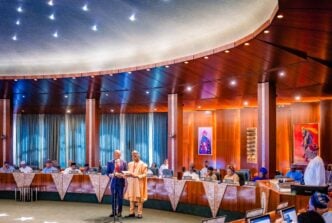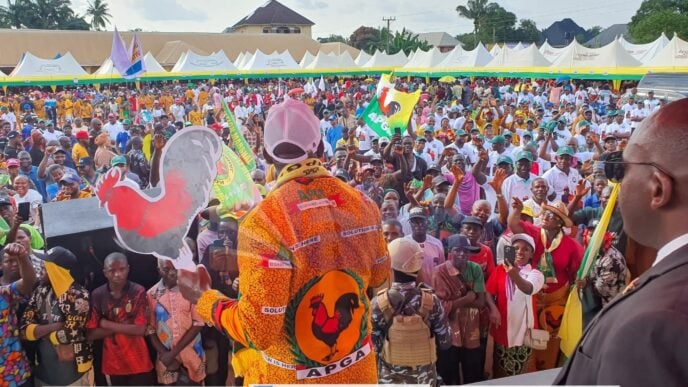Yemi Osinbajo
Yemi Osinbajo, former vice-president of Nigeria, says economic growth figures alone do not reflect real improvements in citizens’ lives.
Speaking at the Ford Foundation 65th anniversary event in Abuja on Wednesday, Osinbajo harped on the need to embed social justice in economic planning to yield tangible national and state outcomes.
Gross Domestic Product (GDP) is the total monetary value of all goods and services produced within a country during a period. It is the most common measure of an economy’s size. It is often used to evaluate economic performance and growth over time.
“Africa is currently the fastest growing continent in GDP terms and has been so for a while, yet it remains the continent with the lowest overall quality of life based on indices like measuring health, education, infrastructure, economic stability,” Osinbajo said.
Advertisement
“In other words, GDP growth does not mean development for the majority. It does not necessarily translate to jobs or a decent life for citizens.”
Osinbajo noted that the contrast was one of his biggest challenges in offices.
“One of my biggest frustrations as vice president and chair of the economic team of our government, from 2016 to 2019 at the time, was how people reacted when we talked about GDP growth figures.
Advertisement
“The vast majority simply would ask you, ‘Do these people live in a different country? I can’t pay my children’s school fees or hospital bills. Where is this growth?’
“It became clear to me that when we as governments talk about growth, citizens wonder what we are talking about. Only big business, banks, corporates, understand those things.
“For many, the promise of a better life that liberal democracy offers is simply not there. So what is the problem, and how can it be resolved?”
Osinbajo noted that true development can only be measured when it is tied to the wellbeing and welfare of citizens, where every person must have fair access to opportunities, protection of rights, and resources that are necessary to live a dignified and productive life.
Advertisement
“That means measuring development by how many people actually experience improvements in their lives, access to jobs, education, proper access to healthcare and safety,” he said
“The more people who benefit, the greater national productivity.”
The former vice-president urged leaders to make a decisive shift from the trickle-down assumptions often made in budgeting to bottom-up inclusive strategies.
He noted that a social justice framework insists that budgets, investments, and reforms must be designed around the welfare of the majority of citizens from the start, not as an afterthought.
Advertisement
In her remarks, ChiChi Aniagolu, Ford Foundation regional director, said social justice is the foundation of thriving societies and inclusive growth.
Aniagolu noted that while change takes time and courage, progress is only shaped by citizens themselves through active participation in electoral processes.
Advertisement
She noted that the foundation would continue to partner with stakeholders to ensure justice is a lived reality in West Africa.
Advertisement
